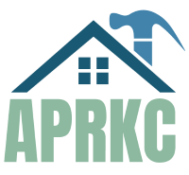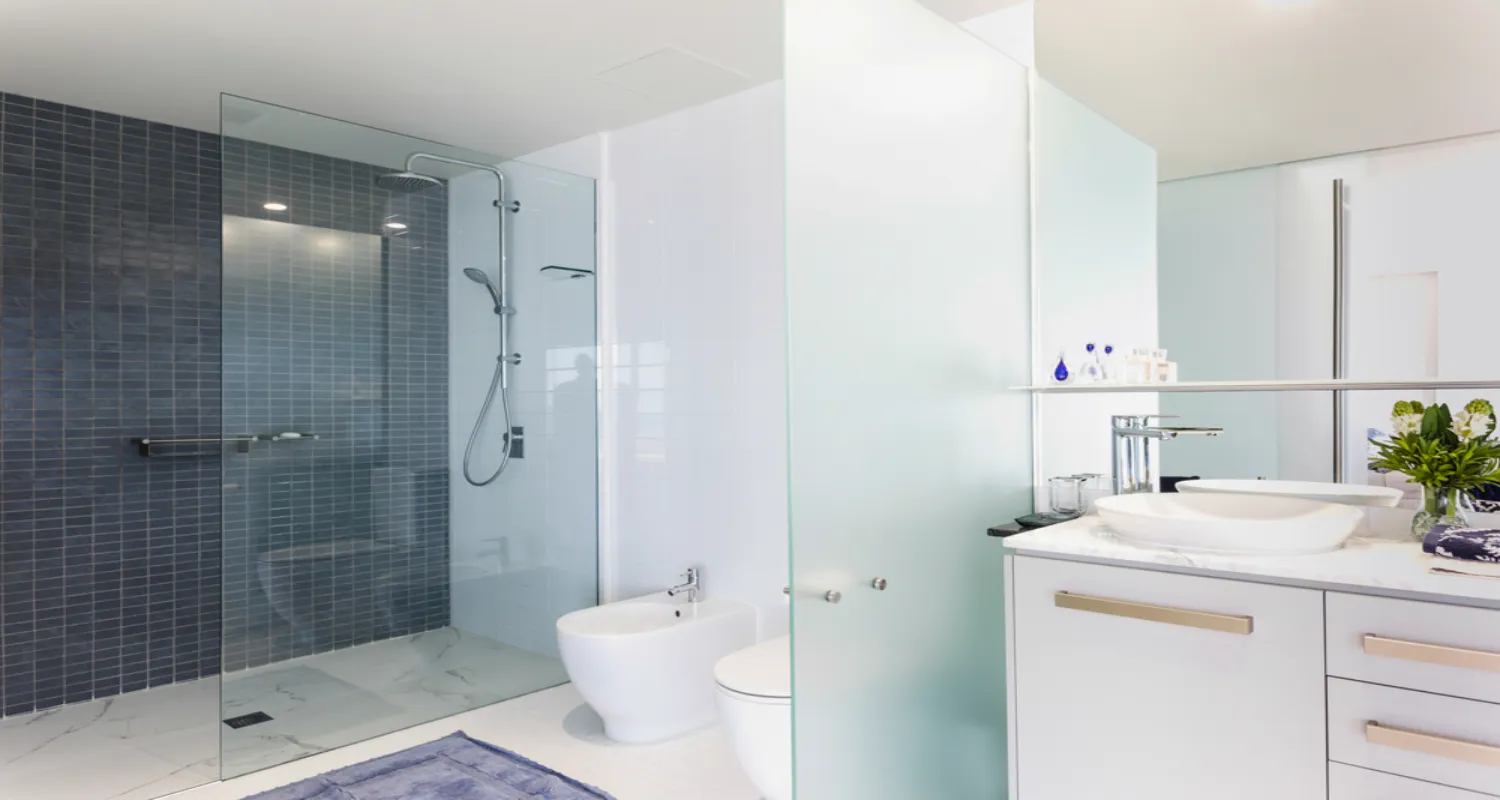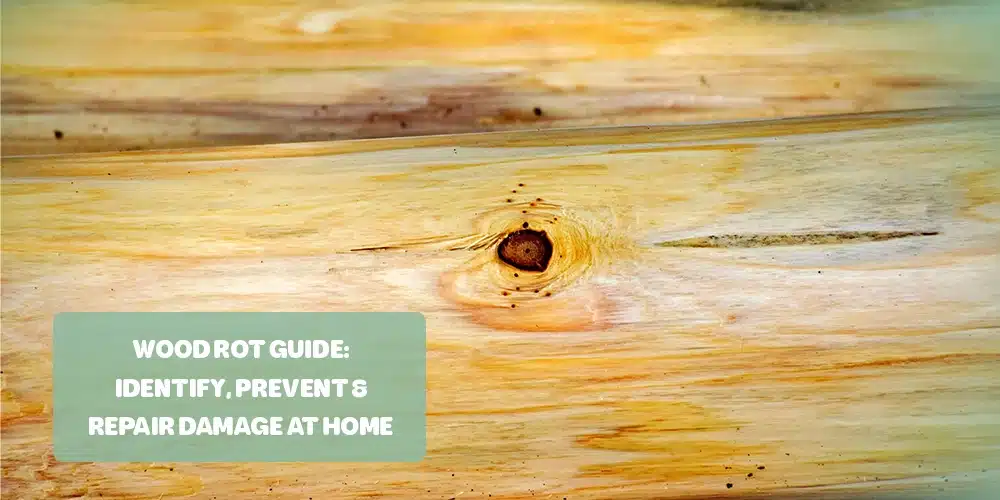Remodeling a bathroom can be an exciting project, transforming one of the most essential spaces in your home into a more functional and aesthetically pleasing area. However, before you dive into the renovation process, it’s crucial to consider the legal aspects of the project, particularly whether you need a permit. Understanding when a permit is required can save you from potential headaches, legal issues, and unexpected costs down the road.
This guide will walk you through the key factors that determine whether your bathroom remodel needs a permit and how to navigate the process smoothly.
Why Do You Need a Permit?
Permits are necessary to ensure that any remodeling work meets local building codes and safety standards. They protect homeowners by ensuring that the work is done correctly and safely. Failing to obtain a permit can lead to fines, complications when selling your home, and even being forced to undo the work.
When Is a Permit Required?
Not every bathroom remodel requires a permit. The need for a permit typically depends on the scope of the project. Here’s a breakdown of when you might need one:
- Structural Changes: If your remodel involves altering the structure of your home, such as moving walls, expanding the bathroom, or changing the layout, a permit is definitely required. This includes knocking down walls or building new ones.
- Plumbing Work: Any significant changes to your plumbing system, like moving sinks, toilets, or installing a new shower, usually require a permit. Minor replacements, such as swapping out fixtures, generally do not.
- Electrical Work: If you’re planning to install new electrical outlets, lighting, or wiring, a permit is necessary. This ensures that all electrical work meets safety codes, reducing the risk of fire or electrical hazards.
- HVAC Changes: Installing or modifying heating, ventilation, or air conditioning systems will likely require a permit, especially if it involves changes to the ductwork.
- Window and Door Installation: If you’re installing new windows or doors, especially if they involve cutting new openings, you’ll need a permit.
- Changing the Footprint of the Bathroom: Expanding the size of your bathroom by taking space from an adjacent room or adding an entirely new bathroom requires a permit.
When Is a Permit Not Required?
If your remodel is purely cosmetic, you likely won’t need a permit. Some examples include:
- Painting the walls or ceiling
- Installing new flooring
- Replacing cabinets or countertops
- Swapping out faucets, showerheads, or other fixtures
- Installing new hardware like towel bars or mirrors
How to Obtain a Permit
If your bathroom remodel requires a permit, you’ll need to follow a few steps to obtain one:
- Contact Your Local Building Department: The first step is to reach out to your local building or planning department. They will provide you with specific requirements and guidelines for your area.
- Submit Your Plans: You may need to submit detailed plans of your remodel, especially if it involves structural changes. These plans should include information on plumbing, electrical, and structural work.
- Pay the Permit Fee: There is usually a fee associated with obtaining a permit. The cost can vary depending on the extent of the remodel and your location.
- Schedule Inspections: After your permit is approved and work begins, you’ll need to schedule inspections at various stages of the project. The inspector will ensure that all work meets the required codes and standards.
- Final Inspection and Approval: Once the remodel is complete, a final inspection will be conducted to ensure everything is up to code. After passing the inspection, you’ll receive final approval, and your permit will be closed.
Consequences of Skipping the Permit
If you decide to skip obtaining a permit, you’re taking a significant risk. Here’s what could happen:
- Fines and Penalties: If your unpermitted work is discovered, you could face hefty fines and be required to obtain a permit retroactively, which may include opening up walls or undoing work to allow for inspections.
- Problems Selling Your Home: When selling your home, you must disclose any remodeling work done. If the work was done without permits, it could complicate the sale or lower the value of your home.
- Insurance Issues: Unpermitted work may void your homeowner’s insurance, leaving you unprotected if something goes wrong.
How much does a bathroom remodeling permit cost?
The cost of a permit can vary widely depending on your location and the complexity of the project. Fees typically range from $50 to several hundred dollars. It’s best to check with your local building department for specific pricing.
Location | Permit Cost Range | Notes |
Small Towns/Rural Areas | $50 – $150 | Lower costs due to simpler permitting processes and less stringent codes. |
Medium-Sized Cities | $150 – $500 | Average cost for most bathroom remodels, including plumbing and electrical work. |
Large Cities | $300 – $1,000 | Higher costs due to more complex regulations and higher inspection fees. |
High-Cost Areas (e.g., NYC, SF) | $500 – $2,000 | Permits in these areas can be expensive due to strict building codes and higher living costs. |
Historic Districts | $400 – $1,500 | May require additional approvals for design and materials to maintain historical integrity. |
Custom or Luxury Remodels | $1,000 – $5,000+ | High-end remodels involving significant structural changes or custom work may incur higher permit costs. |
Cost Comparison of Bathroom Remodeling Permits by Location
Trusted Guidance for a Bathroom Remodel
A bathroom remodel is an important project, and securing the right permits is a key part of the process. These permits not only ensure that your work meets local regulations but also protect the value and safety of your home. At Aaron’s Painting and Remodeling (APRKC), we focus on getting the details right, so you can concentrate on enjoying your newly remodeled bathroom. Trust us to guide you through the process with the professionalism and expertise your home deserves.


